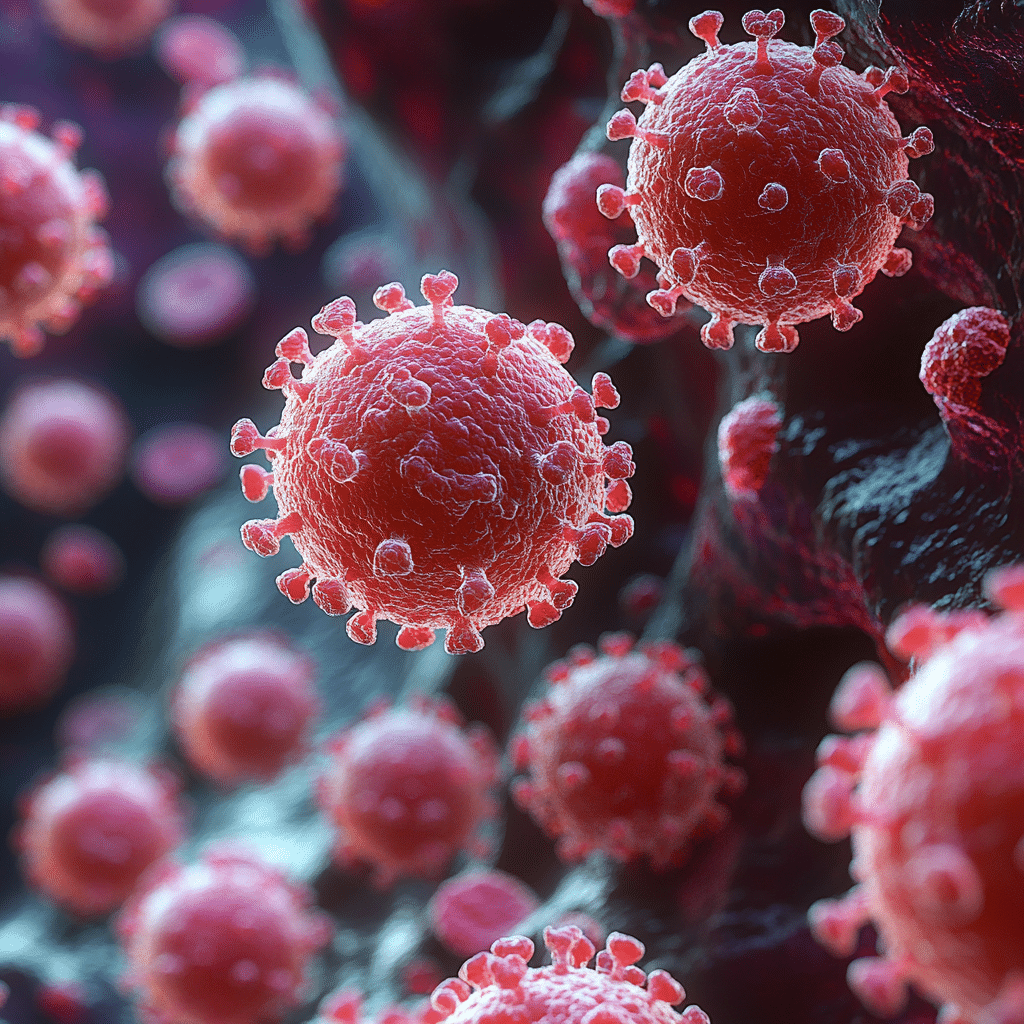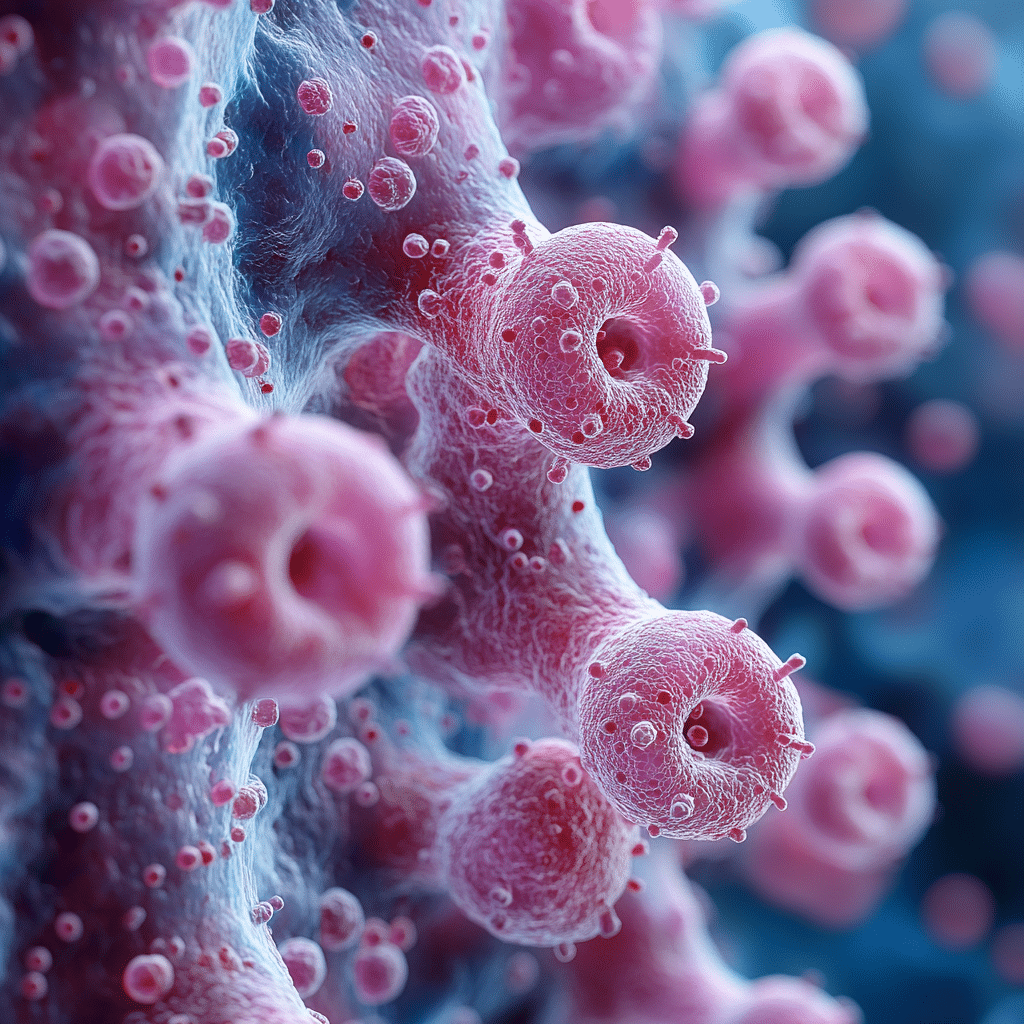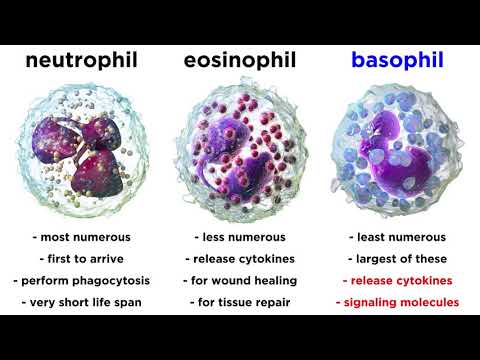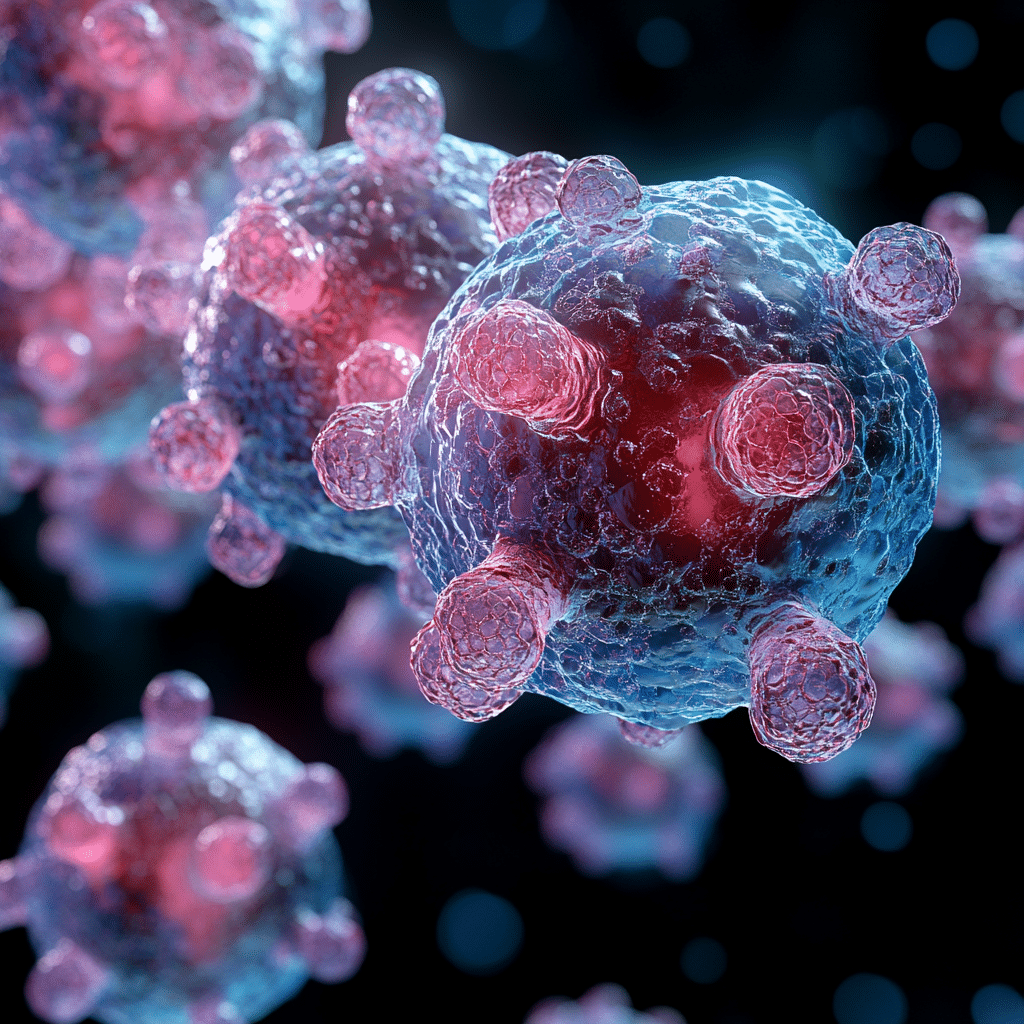When you think about the immune system, you probably think of T-cells and antibodies. But hold on—those little fellas called granulocytes are the unsung heroes in our body’s defense lineup. Granulocytes are a type of white blood cell that plays a critical role in keeping us safe from pathogens and infections. Within the granulocyte family, you’ll find three main types: neutrophils, eosinophils, and basophils. Let’s dive into how these warriors function and why understanding granulocytes is vital for boosting your health and fitness game!

1. What are Granulocytes and Their Role in Immune Defense?
Granulocytes are frontline fighters in the innate immune system. They’re like the bouncers at a club—always ready to kick out unwanted guests, aka pathogens. Here’s a quick breakdown of their roles:
These warriors unite to form a powerful shield against infections, inflammation, and foreign invasions. So the next time you’re hitting the gym and feeling great, remember that your granulocytes are working hard in the background, defending you from those invaders trying to ruin your shredded body!

2. Top 5 Immune Defense Strategies Leveraging Granulocytes

3. The Implications of High Immature Granulocytes in Diagnosis and Treatment
High levels of immature granulocytes can be a red flag—a warning sign indicating severe infections, malignancies, or inflammation. When diagnosing conditions like pneumonia or septic shock, clinicians focus on these counts to tailor immediate treatment protocols. You won’t get the right care if the doctors don’t understand what those numbers mean.
For instance, if a patient shows a spike in immature granulocytes, healthcare providers know they need to act fast. Swift diagnosis can significantly improve recovery outcomes, ensuring you’re back in the gym with those ripped six-packs in no time!

4. Recent Innovations and Future Directions in Granulocyte Research
Research into granulocytes is advancing at lightning speed! Innovations are paving the way for therapeutic strategies. One intriguing line of research comes from companies like AstraZeneca. They’re developing drugs targeting granulocyte activity to tackle autoimmune diseases. Imagine how that could change the game for maintaining muscle health!
Moreover, with gene editing techniques from firms like CRISPR Therapeutics, we might soon see breakthroughs that allow for pinpoint interventions tailored to specific granulocyte functions. We’re on the cusp of game-changing therapies that could redefine treatment for various ailments.

5. Shifting Perspectives on Granulocytes in Immune Health
Granulocytes have long been seen as reactive players, but emerging studies indicate they’re proactive in modulating the immune response. This shift opens the door for innovative immunotherapies that could revolutionize our understanding of chronic conditions like various cancers and those pesky long-term infections.
As we learn more about granulocytes, we’re beginning to see them as key orchestrators of immune health. Understanding their role could reshape how we think about disease prevention, treatment strategies, and even fitness routines. It’s not just about lifting weights; it’s about fortifying your body’s defenses!
In sum, granulocytes pack a punch in your immune system’s arsenal. From combating infections to launching alert signals when something’s awry, these tiny cells play formidable roles. With ongoing research, we’re just beginning to scratch the surface of their capabilities. While you continue your journey to shredded glory, let granules be the silent heroes that keep you thriving, strong, and healthy! Keep pushing yourself to lift more, run faster, and stay focused—your body’s got your back, thanks to those hardworking granulocytes!
Granulocytes: The Unsung Heroes of Immune Defense
Marveling at Granulocytes
Did you know that granulocytes, a type of white blood cell, are vital players in our immune defenses? They come in three main types—neutrophils, eosinophils, and basophils—each with its own special job. For instance, neutrophils are the first responders in your body’s fight against infections. Think of them as the SWAT team, quickly deploying to smash bacteria and fungi. Speaking of rapid responses, if you ever took a light rail To Baltimore, you’d appreciate how these cells travel just as swiftly to the scene of an infection!
In addition to being fast, granulocytes are also impressive in other ways. For example, eosinophils are known to combat parasites and play a role in allergic responses. It’s a bit like how you might whip out some Squishmallow coloring Pages to relax after a stressful day—eosinophils help calm the reaction caused by those pesky allergens. Meanwhile, basophils release histamine, sparking an inflammatory response that can help contain pathogens, similar to how people react when they hear weird And wonderful news.
Fun Facts and Fascinating Insights
Granulocytes aren’t just good at their jobs; they also have some striking characteristics. Did you know that neutrophils can live anywhere from 6 hours to a few days depending on whether they’re needed? Just imagine how Calories in an avocado can fuel your body like these cells fuel our immune system! Interestingly, the body keeps a close watch on these cells—if they see prolonged fighting and cell destruction, like in some chronic diseases, it can lead to a bleeding From anus no pain condition stemming from inflammation.
What remains fascinating is how these cells communicate and signal each other. Similar to how our connection to events like Bayer 04 Leverkusen Vs Eintracht frankfurt Lineups can gather fans’ attention, granulocytes utilize chemical signals to rally nearby immune cells during an infection. Besides, granulocytes showcase a tremendous bond, much like the connection found in Yuta And Rika, providing a sense of teamwork crucial for maintaining our health.
In the grand scheme of things, granulocytes truly take center stage in our body’s defense team. From combating infections to reacting to allergens, understanding these cells is key to unlocking the mysteries of immune health. And who knows, this appreciation could inspire a healthier lifestyle—just like incorporating bilberry into your diet, these small changes can lead to big impacts!



























